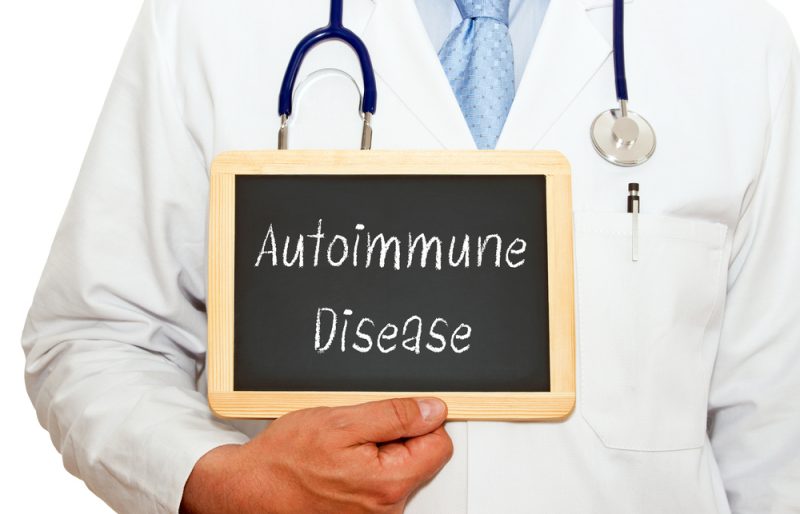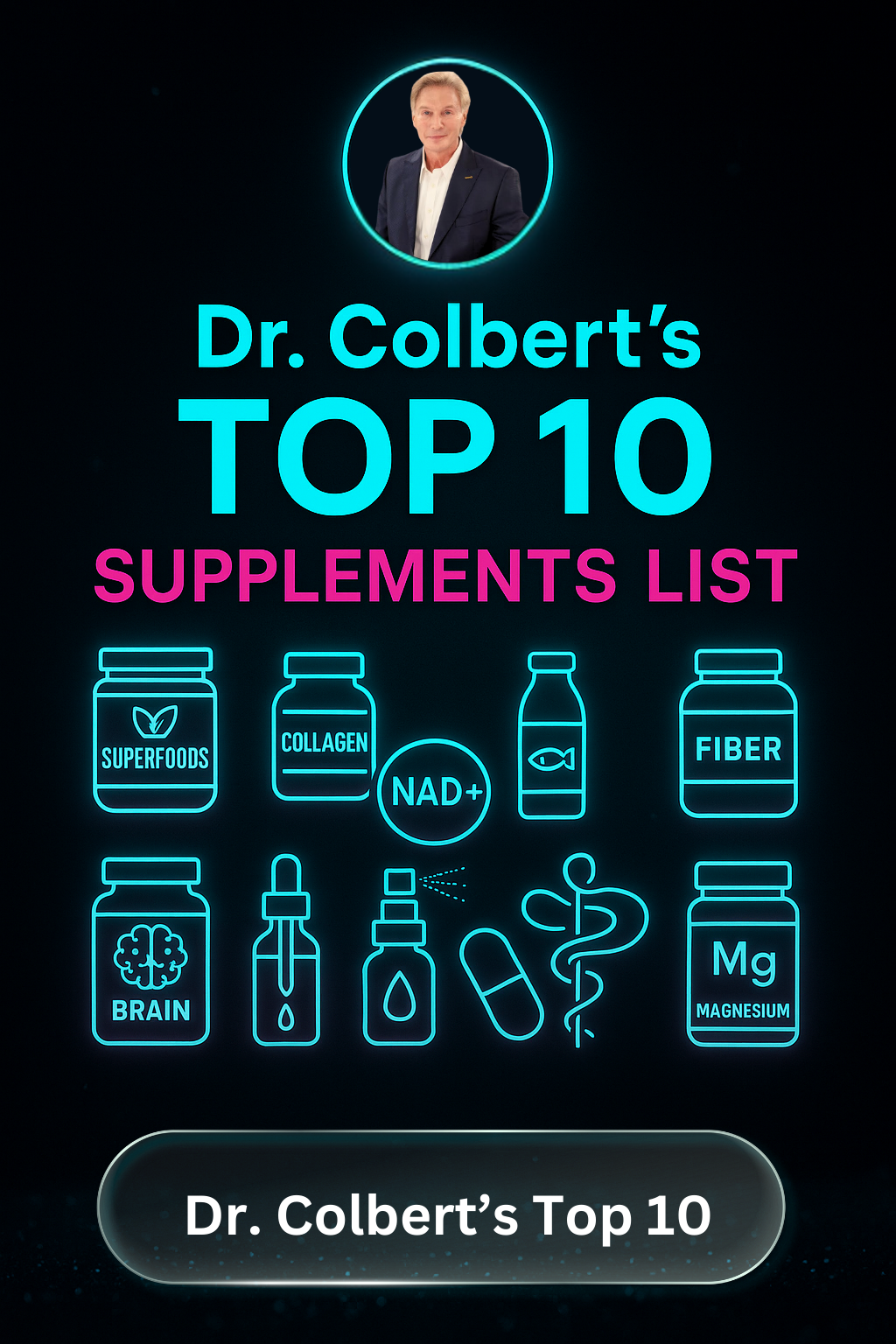Many people have seen dramatic improvements in their autoimmune diseases on a ketogenic diet.
But sometimes, a few changes need to be addressed so the diet works best. Here are some benefits of keto for autoimmunity and ways to make it even better as an autoimmune disease diet.
Keto Benefits as an Autoimmune Disease Diet
Common types of autoimmune diseases include:
- Hashimoto’s and hypothyroidism
- Graves’ disease and hyperthyroidism
- Rheumatoid arthritis
- Lupus
- Celiac disease
- Inflammatory bowel disease (IBD)
Ketogenic diets can address autoimmunity by helping regulate inflammation, stabilize blood sugar and insulin, provide cellular energy for the body, eliminate reactive foods, and even improve gut bacterial balance—all crucial factors in reducing autoimmune activity.
Keto Diet Exceptions for Autoimmune Diseases
The two foods that most fuel the majority of autoimmune disease are 1) dairy products containing milk protein and 2) gluten. The former isn’t necessary on keto and the latter is off-limits—making the diet a good baseline for addressing autoimmune disease.
Besides that, there are a few key recommendations for those following a ketogenic diet so it acts as a autoimmune protocol diet (AIP diet).
(If you’re not yet familiar with the goods and guidelines of a ketogenic diet, see this post.)
From there, you might need to make some tweaks.
For Thyroid Diseases, Be Mindful of Carbs
There are some differing opinions in the functional medicine community about carbohydrates for Hashimoto’s and other thyroid concerns.
Some experts like Amy Myers, MD, recommend a modified keto diet where you eat around 50 grams of carbs per day. However, some people can do just fine on a very-low-carb, so it’s best to listen to your body and see how you react.
Avoid or Go Easy on Nuts
Those with autoimmunity are often allergic to at least some nuts, even keto nuts. Plus, the high omega-6 fatty acid content of many nuts should usually be avoided or limited on an autoimmune disease diet.
Avoid Nightshades
Nightshades include onions, tomatoes, potatoes, and peppers.
Thankfully, some nightshades are already off-limits on keto and the others aren’t necessary for the diet.
If You Consume Dairy, Choose Ghee
Most people with autoimmunity suffer from leaky gut and end up forming antibodies to dairy proteins. The only dairy without these proteins is grass-fed ghee (or clarified butter).
Make ghee your only only dairy source for at least six months. Then, if you’d like, you can try introducing small amounts of dairy back in every four days to see if you can tolerate it. But if your symptoms come back, dairy (minus ghee) is probably not ever a good idea.
Steer Clear of GMOs and Bad Fats
A lot of GMO foods are already excluded on keto, but you’ll also want to stay away from squash, soy, genetically modified oils like:
- Soybean oil
- Safflower oil
- Corn oil
- Cottonseed oil
- Sunflower oil
- Grapeseed oil
This includes trans fats, fried foods, and keto foods with glyphosate (an ingredient in Roundup herbicide that messes with your gut bacteria) including sunflower seeds, beets, and flax.
In addition, peanuts and some nuts and seeds containing lectins can bind to and damage the gut lining, so use them with caution.
Exclude Goitrogens
Goitrogens can disrupt the function of the thyroid gland. They’re present in cruciferous vegetables like bok choy, cabbage, broccoli, turnips, kale, cauliflower, arugula, watercress, and radishes, as well as lettuce, spinach, milk, and soy.
Some food additives are also considered goitrogens.
If you’re interested in the Keto Zone diet for addressing your autoimmune concerns through nutrition, ask your doctor about giving it a shot to see if keto works for you!
Overall, listening to your body is key. Everyone is different, so over time you’ll figure out how to make the ketogenic diet work for you.
For more information on the Keto Zone Diet for autoimmune disease, order the book here.
Check Out More Keto Articles Join Our Keto Group


















Comments are closed.